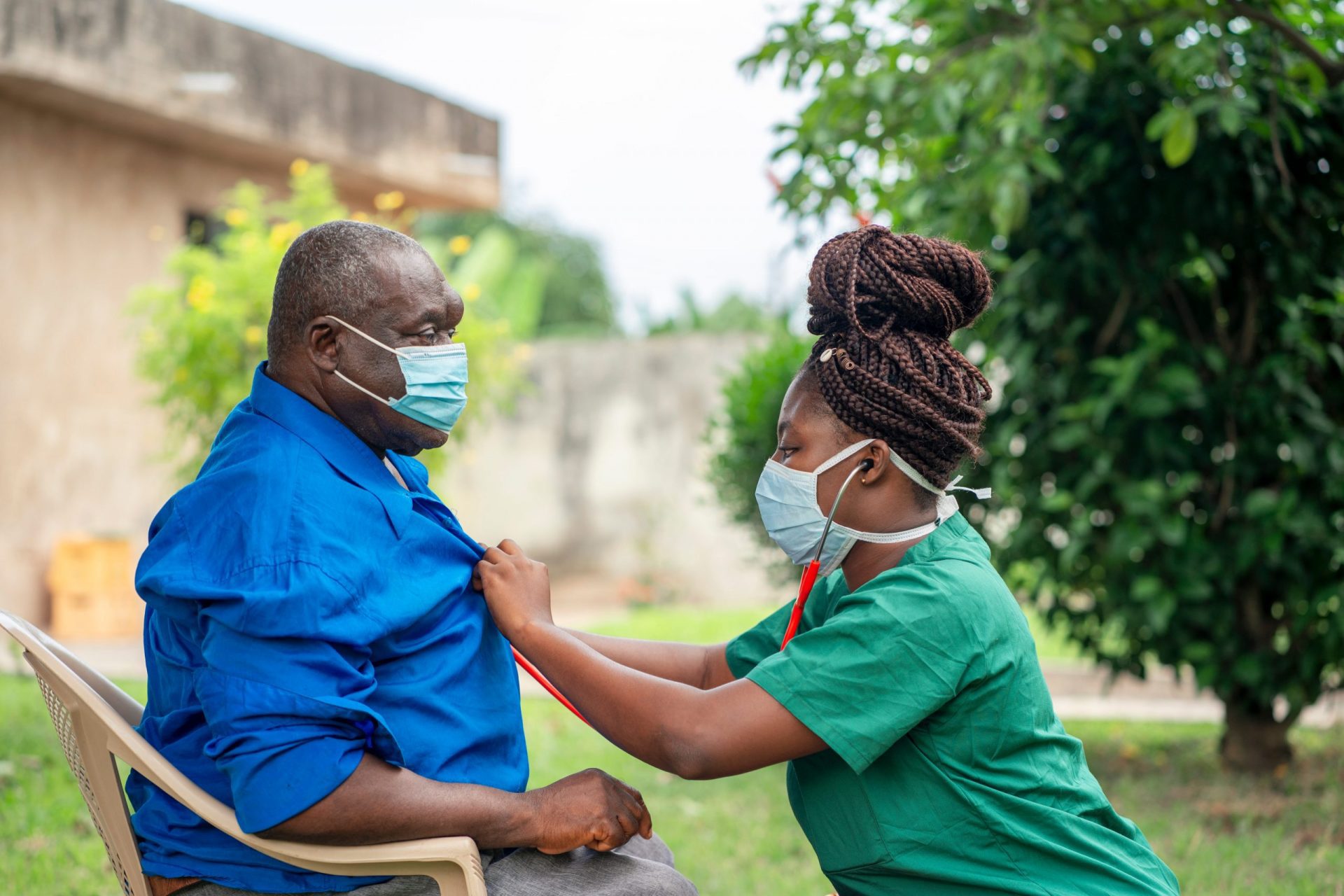The intersection of alcohol consumption and cancer diagnoses has emerged as a critical concern in American public health. Research from the American Association for Cancer Research paint a sobering picture of alcohol’s role in cancer development, with drinking habits contributing to more than 5% of all cancer cases nationwide. This revelation comes as researchers delve deeper into understanding the multifaceted relationship between lifestyle choices and cancer risk, highlighting a pressing need for public awareness and preventive action.
Medical professionals across the country have observed a consistent pattern linking regular alcohol consumption to increased cancer risk, particularly in organs that come into direct contact with alcohol or its metabolites. The implications of these findings extend beyond individual health concerns, touching on broader public health policies and prevention strategies.
The science behind alcohol’s cancer connection
The relationship between alcohol consumption and cancer development follows multiple biological pathways. When alcohol enters the body, it converts into acetaldehyde, a toxic compound known to damage DNA and prevent natural repair processes. This molecular disruption can trigger abnormal cell growth and multiplication, potentially leading to tumor formation.
Beyond direct DNA damage, alcohol interferes with the body’s ability to absorb essential nutrients that help protect against cancer development. The compound effect of these mechanisms creates a favorable environment for cancer cell formation and growth. Regular alcohol consumption can also lead to chronic inflammation, another known risk factor for cancer development.
The impact extends to hormonal systems as well. Alcohol can increase estrogen levels in the body, potentially raising the risk of breast cancer in women. This hormonal disruption represents just one of many ways alcohol can influence cancer development through indirect biological pathways.
Understanding cancer risk patterns
Modern research reveals intricate patterns in how alcohol affects cancer risk across different demographic groups. Factors such as age, biological characteristics, and drinking patterns create varying levels of vulnerability. The interaction between alcohol and genetic predispositions adds another layer of complexity to individual risk assessment.
Studies show that cancer risk doesn’t follow a simple linear relationship with alcohol consumption. Instead, various factors interact to create unique risk profiles for different individuals. This complexity underscores the importance of personalized prevention strategies and regular health monitoring.
Prevention strategies and lifestyle modifications
Understanding alcohol‘s role in cancer development empowers individuals to make informed decisions about their health. Prevention strategies extend beyond simply reducing alcohol intake, encompassing a comprehensive approach to wellness that considers multiple lifestyle factors simultaneously.
Physical activity plays a crucial role in cancer prevention, with research indicating that regular exercise can help counteract some risk factors associated with alcohol consumption. A consistent exercise routine strengthens the immune system, improves cellular repair mechanisms, and helps maintain healthy body weight – all critical factors in cancer prevention.
Nutritional interventions have shown promising results in reducing cancer risk. A diet rich in antioxidants, fiber, and essential nutrients can help protect cells from damage and support the body’s natural defense mechanisms. This dietary approach becomes particularly important for individuals who consume alcohol regularly, as proper nutrition can help mitigate some alcohol-related health risks.
The role of regular health monitoring
Regular health screenings become increasingly important for individuals with a history of alcohol consumption. Early detection through routine medical examinations can significantly improve outcomes for various types of cancer. Healthcare providers recommend tailored screening schedules based on individual risk factors, including alcohol consumption patterns and family history.
Prevention strategies must also address the psychological aspects of alcohol consumption. Understanding personal triggers for drinking and developing healthy coping mechanisms can help individuals maintain moderate consumption levels or abstain completely if necessary.
Public health initiatives and community impact
The connection between alcohol and cancer necessitates robust public health responses. Current initiatives focus on education, prevention, and early detection programs. These efforts aim to bridge knowledge gaps and provide practical tools for risk reduction.
Community-based programs have shown particular promise in addressing alcohol-related health risks. These initiatives often combine educational components with practical support systems, helping individuals make and maintain healthier lifestyle choices. Success stories from various communities demonstrate the effectiveness of collaborative approaches to health promotion.
Innovation in prevention and treatment
Advances in medical research continue to unveil new understanding of how alcohol affects cancer risk at the molecular level. This knowledge drives innovation in prevention strategies and treatment approaches. Scientists are exploring biomarkers that might help identify individuals at heightened risk for alcohol-related cancers, potentially enabling more targeted prevention efforts.
Economic implications and healthcare costs
The financial impact of alcohol-related cancers extends beyond individual medical expenses to affect the entire healthcare system. Understanding these economic implications helps drive policy decisions and resource allocation for prevention programs. Investment in prevention strategies often proves more cost-effective than treating advanced cancers.
Building a healthier future
Creating sustainable change requires a multi-faceted approach involving healthcare providers, policymakers, and community leaders. Educational initiatives must reach diverse populations with culturally appropriate messages about alcohol and cancer risk. Support systems need to address both the physical and social aspects of reducing alcohol consumption.
Workplace wellness programs can play a significant role in promoting healthier lifestyle choices. Companies implementing comprehensive health promotion strategies often see improved employee well-being and reduced healthcare costs. These programs can serve as models for broader community initiatives.
Looking ahead: Research and hope
Ongoing research continues to refine our understanding of the alcohol-cancer connection. Scientists are investigating genetic factors that might influence individual susceptibility to alcohol-related cancers. This research could lead to more personalized prevention strategies and targeted interventions.
The future of cancer prevention lies in combining traditional public health approaches with innovative technologies and treatments. Advanced screening methods, coupled with improved understanding of risk factors, offer hope for reducing cancer incidence rates across all demographic groups.
Conclusion
The relationship between alcohol consumption and cancer risk represents a significant public health challenge, but also an opportunity for meaningful intervention. By understanding and addressing this connection through comprehensive prevention strategies, we can work toward reducing cancer rates and improving public health outcomes. Success in this endeavor requires sustained commitment from all stakeholders and continued support for research and prevention programs.












